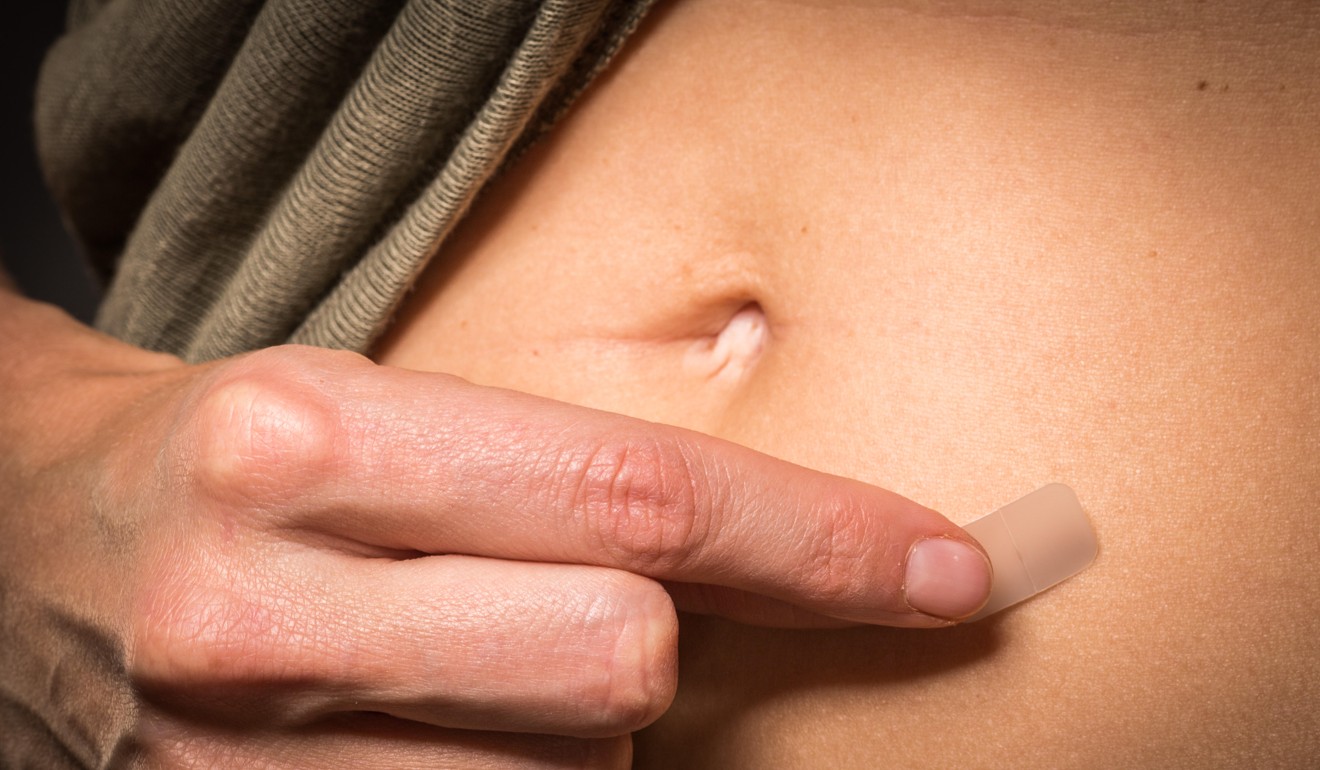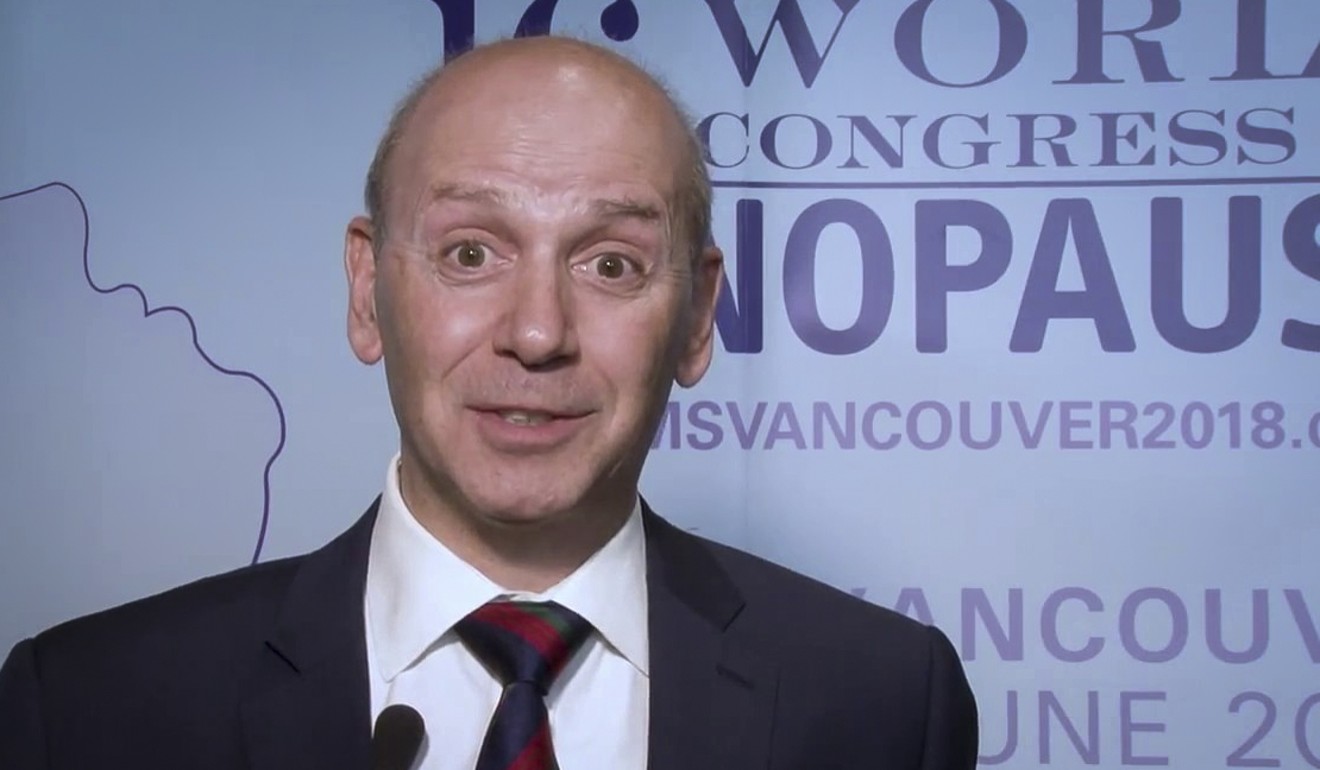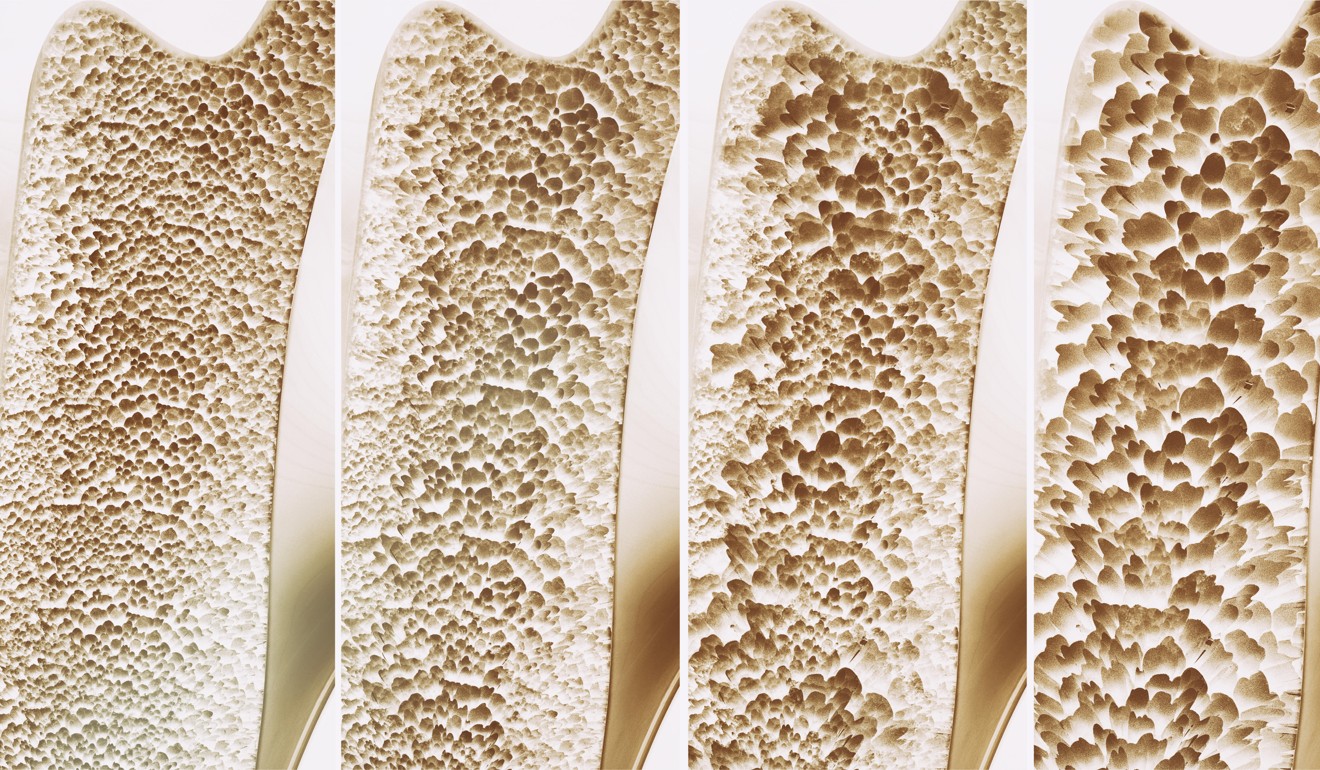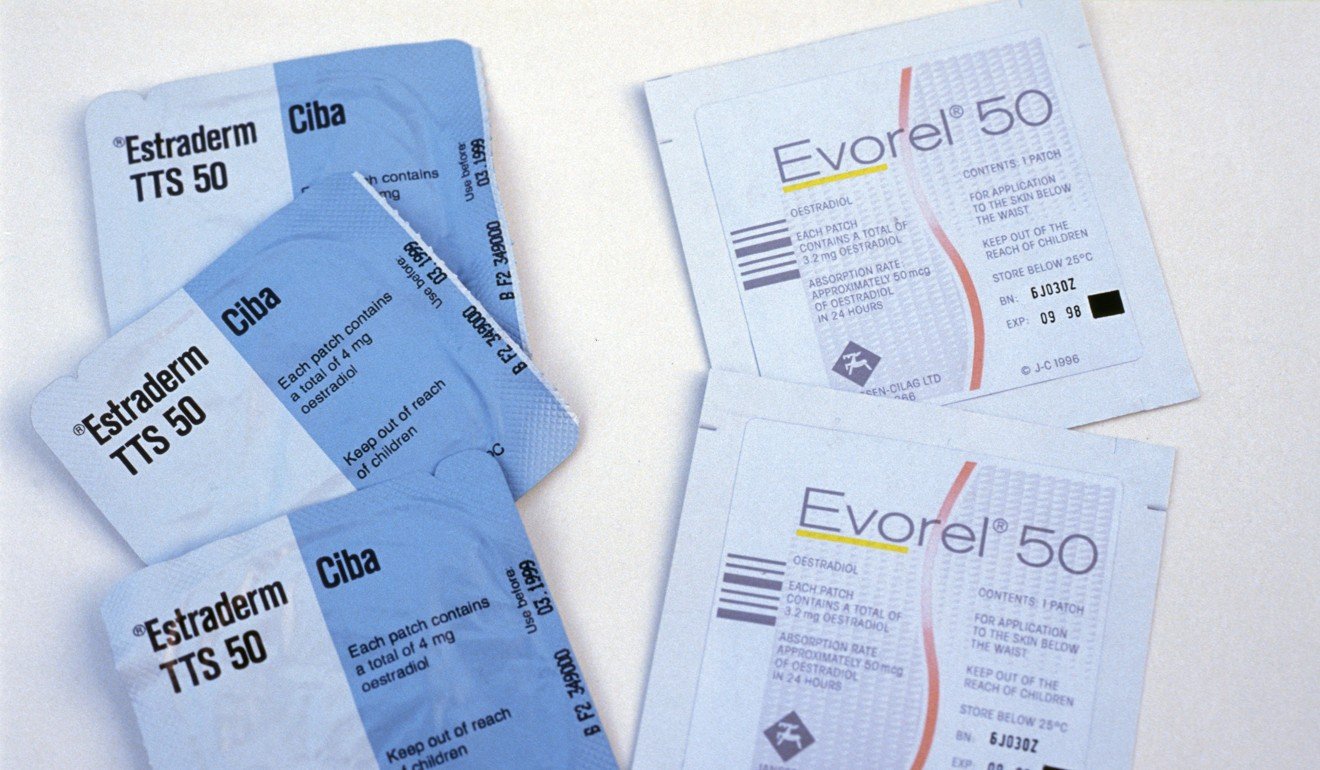
Menopause, hormones and HRT: everything you need to know, and why most women should have the therapy
Hormone replacement therapy has been used to treat problems caused by menopause since the 1940s, but it is still contentious. With new formulas and delivery methods, experts say the benefits far outweigh the risks
As we age, we are faced with exciting opportunities – and difficult challenges, particularly regarding our bodies. For women, one that gives us pause is menopause. The time that marks the end of menstrual cycles, usually in the 40s or 50s, can be a cause for celebration, but it may also usher in some unwelcome symptoms caused by falling hormone levels.
About 80 per cent of menopausal women experience hot flushes, thinning hair, mood swings and poor sleep.
To relieve these symptoms, hormone replacement therapy (HRT), was introduced in the 1940s. In the ensuing decades, different delivery methods, dosages and hormone combinations have been developed, and conflicting studies have shown benefits and risks. It is shrouded in misunderstanding. Some women embrace it, others are fearful of it. Even medical professionals are divided on it.

“I’m on HRT,” she says, “not just because I was exhibiting frustrating signs of menopause, but because a bone-density scan revealed osteopenia, which seemed to be advanced for my age.”
Osteopenia is the precursor to osteoporosis, porous bones that become weak and break easily. Falling oestrogen levels during menopause is one of the causes.
When Emily described her treatment – and the reasons for it – to friends, however, their reaction was unexpected: “They all recoiled”, she says, “as if I were trialling some dangerous new drug, some suspicious snake oil.”

Breast cancer support: how Hong Kong husbands can help wives overcome their fears
The women who continue to resist HRT prescriptions do so primarily because it was linked to breast cancer following a study more than a decade ago – which caused a 50 per cent decline in use.
Those fears were exaggerated, says Nicholas Panay, an eminent London-based consultant gynaecologist, specialising in reproductive medicine and surgery and menopause.
The risk of breast cancer, he says, is less than one extra case per 1,000 women per year – less than alcohol and obesity. “For most women, the pros outweigh the cons if they don’t have specific risk factors.”

“What I usually tell patients is that 100 years ago we lived to 60, however life expectancy now is 85, so it seems obvious that we need some hormones after the age of 50, that is post-menopausal, to live full and healthy lives,” she says. She warns, though, that “some women are definitely not a candidate for any form of hormones, for example – and especially – those with a family history of breast cancer in a grandmother, aunt, sister or mother”.

Pinkerton agrees and adds to the list “women with unexplained vaginal bleeding, prior oestrogen-sensitive breast or endometrial cancer, severe active liver disease, coronary heart disease, stroke, dementia, a high risk of thromboembolic disease”.
Hair loss: its causes, how to head it off and where to look for help when you can’t stop thinning hair
Emily has no family history of breast, ovarian or endometrial cancer and does not exhibit any of the above ailments. She recalls a conversation with her doctor: “She told me that given my family history, the chances of acquiring breast cancer, say, was far lower than falling in my 60s or 70s and breaking a hip as a result of untreated osteoporosis because I was oestrogen deficient.
“That’s when I decided that HRT would be a wise choice – which was confirmed after my bone density scan.”
Women continue to be afraid of hormone therapy, despite new data which demonstrates that benefits outweigh the risks for many healthy postmenopausal women
Emily began HRT at the onset of menopause, optimal timing according to the experts. Pinkerton says the North American Menopause Society recommends hormone therapy as a safe and effective option for symptomatic women, with bothersome hot flushes, for example, who are younger than 60 or within 10 years of menopause. The added benefits include relief from night sweats, better sleep, prevention of bone loss, and fewer heart events.
Hot flushes – the inconvenient, irritating reality of menopause and what to do about it
For women who start HRT more than 10 years from the onset of menopause, or who are 60 or older, the risks may outweigh the benefits, says Pinkerton. These risks can include coronary heart disease, stroke, blood clots, or dementia.
And just as the attitudes of medical bodies towards HRT have changed, so has HRT itself. Traditional HRT preparations use oestrogens extracted from the urine of pregnant mares – conjugated equine oestrogens (Premarin, for example). Newer bioidentical hormones are derived from plant oestrogens that are chemically identical to those the human body produces and these are frequently delivered via a transdermal application – a patch or a gel – as opposed to a tablet.

The danger of blot clotting is almost entirely eradicated in the case of transdermal HRT because oestrogens are absorbed directly into the bloodstream, presenting zero effect on the coagulation factors in the liver.
We found that one form of menopausal hormone therapy taken soon after menopause may preserve brain structure in the portion of the brain responsible for memory and thinking skills
Aside from alleviating the uncomfortable and distressing symptoms of menopause and protecting skeletal strength, hormone therapy, in the right patients, at the right doses during the right window, may deliver other advantages.
A recent study indicated that women on HRT tend to have less body fat. Hormone replacement therapy may also play a role in preventing women from developing type 2 diabetes. During menopause, when oestrogen levels drop drastically and metabolism changes, a woman’s insulin-efficacy falls, predisposing her to diabetes.
Extending oestrogen levels for longer may help to negate this. Some forms of HRT may even help to preserve cognition, Panay says. “The brain is rich with hormone receptors – appropriately targeted HRT could be beneficial for mood and cognition,” he says, but adds further research is needed.
Why thyroid problems and their symptoms should be examined by health professionals
Dr Kejal Kantarci at the Mayo Clinic in the US describes a recent and ongoing study. “We found that one form of menopausal hormone therapy taken soon after menopause may preserve brain structure in the portion of the brain responsible for memory and thinking skills.
“It may also reduce the development of amyloid plaques that can build up and lead to memory loss,” she said, but stressed that much more research is necessary to understand why this may be, and which forms of HRT – transdermal or oral – affect the brain and how.

Heart failure risks may increase in women who get early menopause: Study
As Jamieson observes, “some women really suffer during the menopause and can’t function” which can make them anxious and depressed, sapping their quality of life. HRT, she says, “is not something to be taken for a few months, but more thought of as a natural replacement of hormones to levels equivalent to those in our ‘peak’ years.
“It’s certainly a good thing that women have this choice in middle years, even though some (for excellent reasons) may not choose to take it.”
Emily, who has been on transdermal HRT for two years now, does notice a difference.
“Not only am I no longer waking all through the night sweating with appalling hot flushes,” she says. “My hair is thick and glossy – it was falling out in handfuls every time I washed it. My skin is much better and – I don’t know – I feel better without ever being sick: I feel calmer, happier. Myself again, I suppose.”

